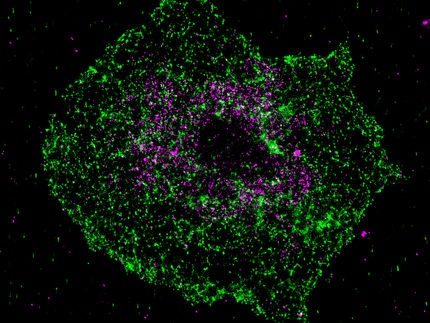New study furthers understanding of the role of dual antiplatelet therapy in the prevention of atherothrombotic events
Advertisement
Results from the CHARISMA (Clopidogrel for High Atherothrombotic Risk and Ischemic Stabilization, Management and Avoidance) trial showed that the combination of the antiplatelet agents clopidogrel and aspirin did not demonstrate a statistically significant reduction in the risk of heart attack, stroke or cardiovascular death compared to placebo and aspirin in a broad population of patients with either established atherothrombotic disease or multiple risk factors for atherothrombotic events. Analysis of the two main patient enrollment subgroups revealed different responses to clopidogrel and aspirin therapy.
In patients with established atherothrombotic disease (also referred to as secondary prevention) the CHARISMA findings demonstrated clopidogrel in addition to aspirin and other standard therapy reduced the relative risk of a recurrent heart attack (myocardial infarction or MI), stroke or cardiovascular death by a statistically significant 12.5 percent (p=0.046) compared to patients receiving placebo and aspirin. These patients accounted for nearly 80 percent (n=12,153) of the total CHARISMA study population.
Patients with multiple risk factors but no clearly established vascular disease did not benefit from the addition of clopidogrel to aspirin (20 percent relative risk increase, p=0.22). These patients represented approximately 20 percent (n=3,284) of the overall study population. In this patient subgroup, there was an excess in cardiovascular mortality as well as a non-statistically significant increase in bleeding observed in patients treated with clopidogrel and aspirin.
Most read news
Organizations
Other news from the department science

Get the life science industry in your inbox
By submitting this form you agree that LUMITOS AG will send you the newsletter(s) selected above by email. Your data will not be passed on to third parties. Your data will be stored and processed in accordance with our data protection regulations. LUMITOS may contact you by email for the purpose of advertising or market and opinion surveys. You can revoke your consent at any time without giving reasons to LUMITOS AG, Ernst-Augustin-Str. 2, 12489 Berlin, Germany or by e-mail at revoke@lumitos.com with effect for the future. In addition, each email contains a link to unsubscribe from the corresponding newsletter.


























































